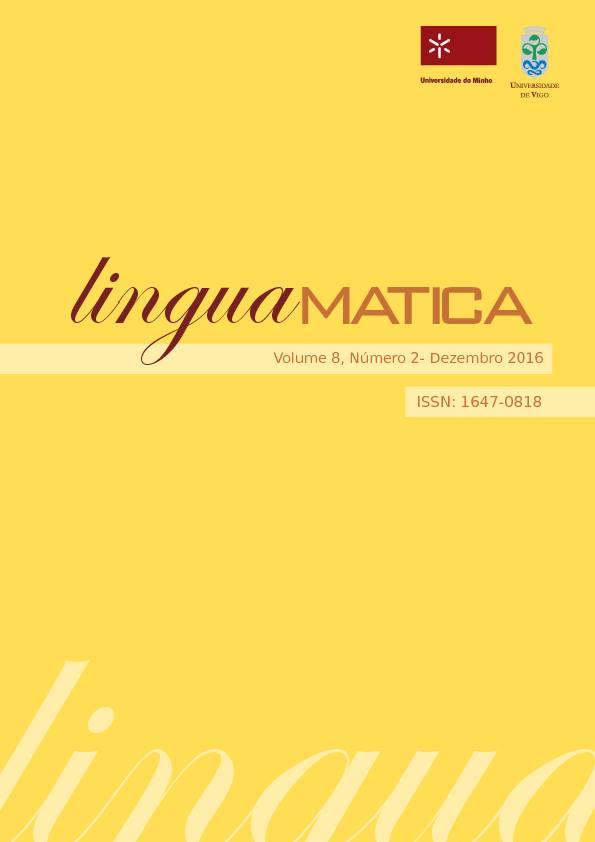Blue Man Group at ASSIN: Using Distributed Representations for Semantic Similarity and Entailment Recognition
Abstract
In this paper, we present the methodology and the results obtained by our team, dubbed Blue Man Group, in the ASSIN (from the Portuguese Avaliação de Similaridade Semântica e Inferência Textual) competition, held at PROPOR 2016.Our team's strategy consisted of evaluating methods based on semantic word vectors, following two distinct directions: 1) to make use of low-dimensional, compact, feature sets, and 2) deep learning-based strategies dealing with high-dimensional feature vectors. Evaluation results demonstrated that the first strategy was more promising, so that the results from the second strategy have been discarded.
As a result, by considering the best run of each of the six participant teams, we have been able to achieve the best accuracy and F1 values in entailment recognition, in the Brazilian Portuguese set, and the best F1 score considering also the Portuguse from Portugal set. In the semantic similarity task, our team was ranked second in the Brazilian Portuguese set, and third considering both sets.
Published
2016-12-31
How to Cite
Barbosa, L., Cavalin, P., Guimarães, V., & Kormaksson, M. (2016). Blue Man Group at ASSIN: Using Distributed Representations for Semantic Similarity and Entailment Recognition. Linguamática, 8(2), 15-22. Retrieved from https://linguamatica.com/index.php/linguamatica/article/view/v8n2-2
Issue
Section
Research Articles
Authors who publish with this journal agree to the following terms:
- Authors retain copyright and grant the journal right of first publication with the work simultaneously licensed under a Creative Commons Attribution License that allows others to share the work with an acknowledgement of the work's authorship and initial publication in this journal.
- Authors are able to enter into separate, additional contractual arrangements for the non-exclusive distribution of the journal's published version of the work (e.g., post it to an institutional repository or publish it in a book), with an acknowledgement of its initial publication in this journal.
- Authors are permitted and encouraged to post their work online (e.g., in institutional repositories or on their website) prior to and during the submission process, as it can lead to productive exchanges, as well as earlier and greater citation of published work (See The Effect of Open Access).













